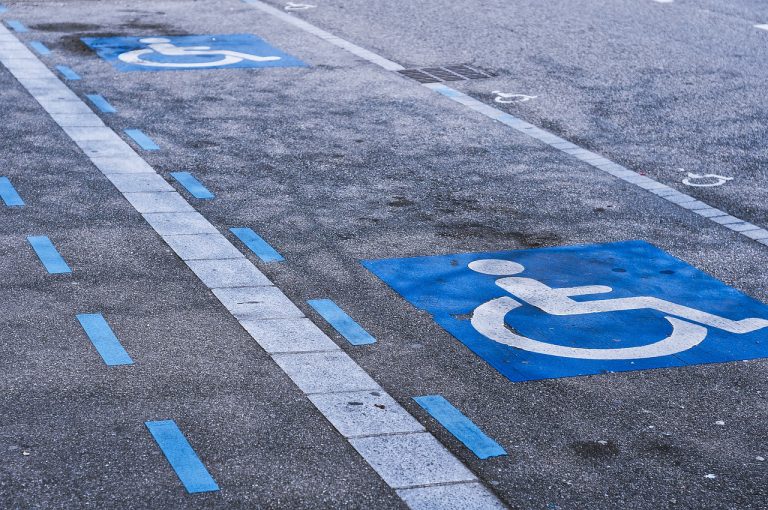The 2019/20 Disability and Accessibility Statistics outlined that disabled adults in England travelled 41% fewer miles than non-disabled adults. Quadrant Transport looks at how a new document by the government and Scope will help ease travel in the future.
The government has partnered with the disabled charity, Scope to develop a new Disabled Persons Passenger Charter for bus, coach, taxi, and rail.
Providing a clear explanation of their rights, the Charter hopes to improve journeys for disabled people by helping ensure they can travel more confidently.
In 2019, disabled adults in England made 26% fewer trips than those without a disability, and only 47% of disabled travellers in England (outside of London) were satisfied with overall transport.
The partnership hopes to bring together a host of information for disabled passengers travelling across England and advice for passengers on what to do when things do not go as expected.
In 2020, 99% of buses were accessible in England, but for train stations much more needs to be done
According to the UK Parliament website, in 2019, “all stations provide at least one type of disability access, as hearing induction loops are available in all stations across Great Britain.”
However, there are still 190 stations with no other disability provision except for the hearing induction loops.
Despite 99% of stations in Yorkshire and the Humber having train ramp access, the North typically has the lowest accessibility features in the UK.
Only 13% provide accessible ticket offices or disabled toilets in the North East, and only 16% of stations in the North West have accessible ticket machines.
Scotland has the lowest proportion of stations providing disability access for services such as train ramp access (35%), national key toilets (4%) and mobility set-down (10%).
From the statistics alone, much more needs to be done to make UK stations more inclusive. The new Disabled Persons Passenger Charter will help make these statistics more commonly known to the public to help ease travel and avoid unknown concerns.
The Charter follows last year’s unveiling of the Government’s National Disability Strategy
Once developed, it will be published online, providing a one-stop-shop on passenger rights and complaints procedures.
Mark Hodgkinson, Scope Chief Executive, told Quadrant Transport: “We are delighted to work with the Department for Transport to develop a Passenger Charter. Thousands of Scope supporters have backed calls for this vital step towards transforming a system that sometimes makes travel unnecessarily hard, if not impossible if you are disabled.
Public transport should be accessible for everyone, and this charter will help disabled passengers better understand their rights, the standards they should expect across the network and how to hold providers to account when travel goes wrong.
The government says it is committed to creating a more inclusive transport network making travel more accessible for disabled people.
As part of this commitment, the government is publishing its first evaluation report of progress against the Inclusive Transport Strategy today (10 January 2022).
Wendy Morton, Accessibility Minister, told Quadrant Transport: “I am delighted that we will be partnering with Scope to develop a charter for disabled passengers that will help boost confidence across our road and rail network.
This practical guide will pull together disabled passengers’ rights so they understand how they can get from A to B with the dignity and ease they deserve.
The report will incorporate accounts from disabled people on their transport experiences to help inform future changes and create a fairer system for everyone.

